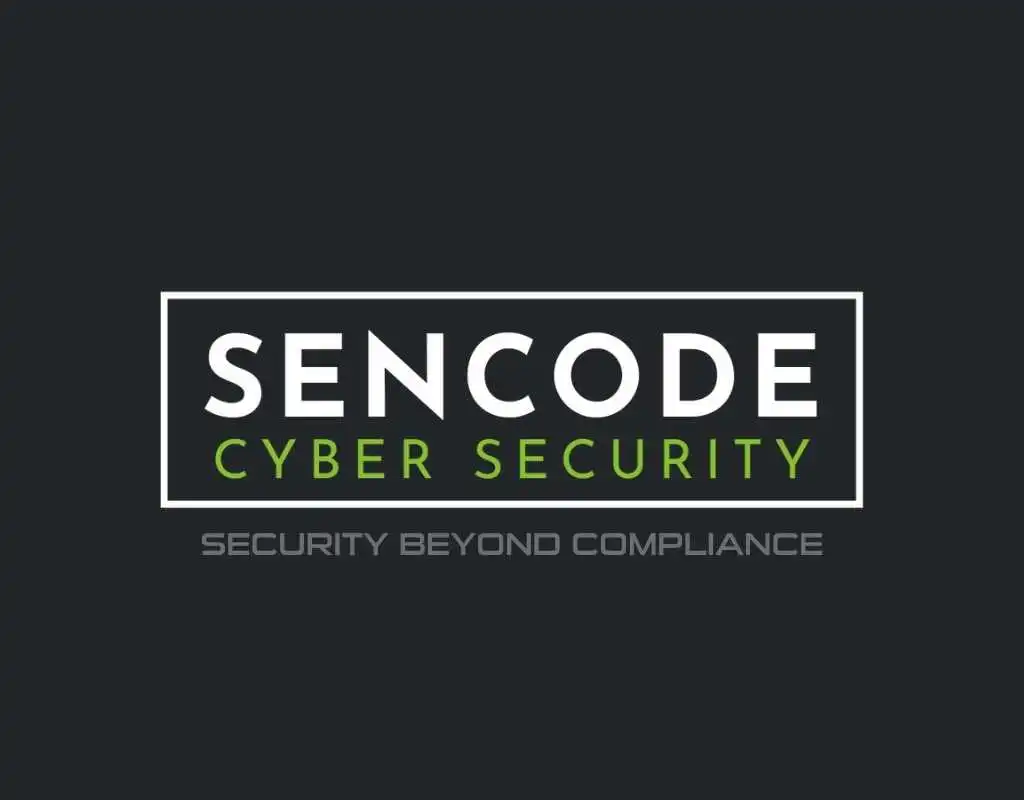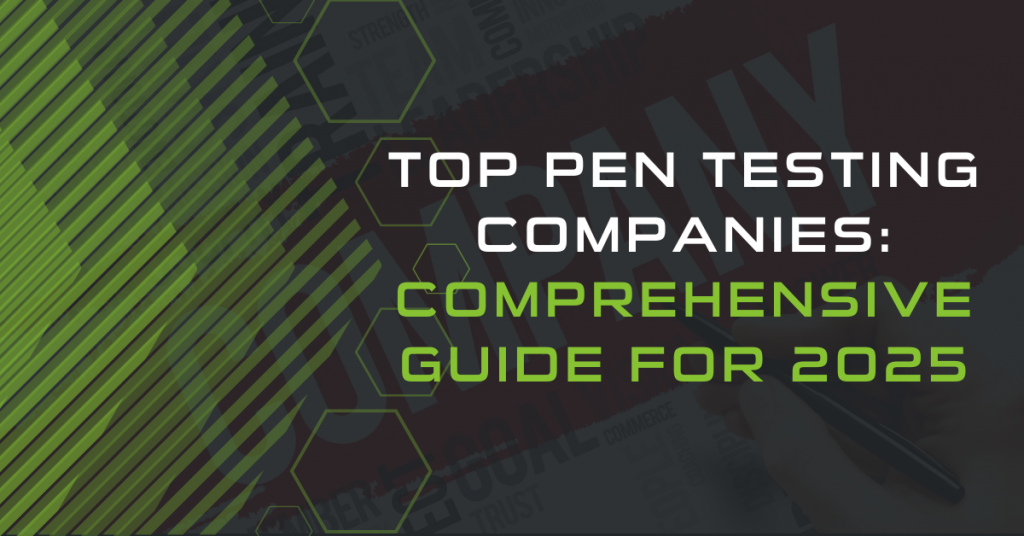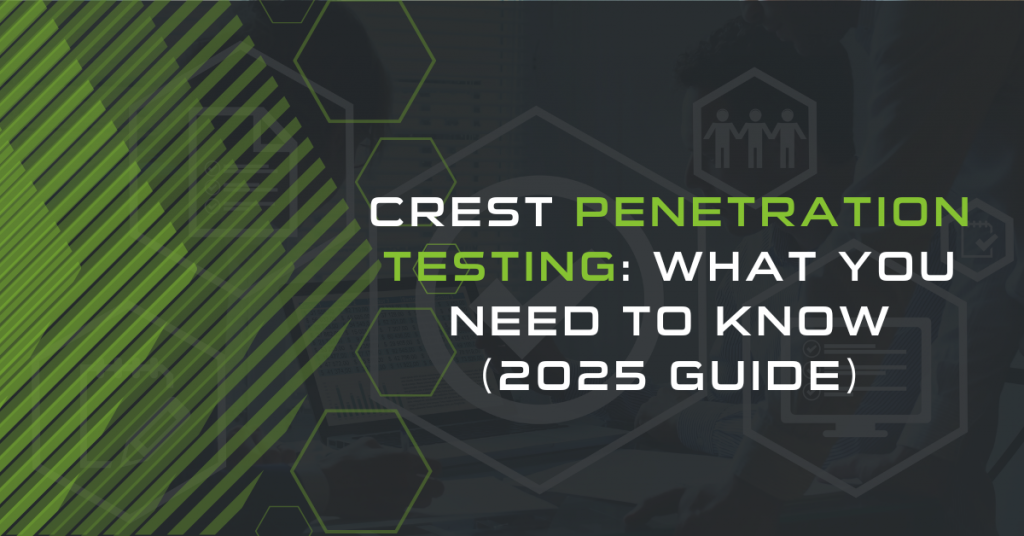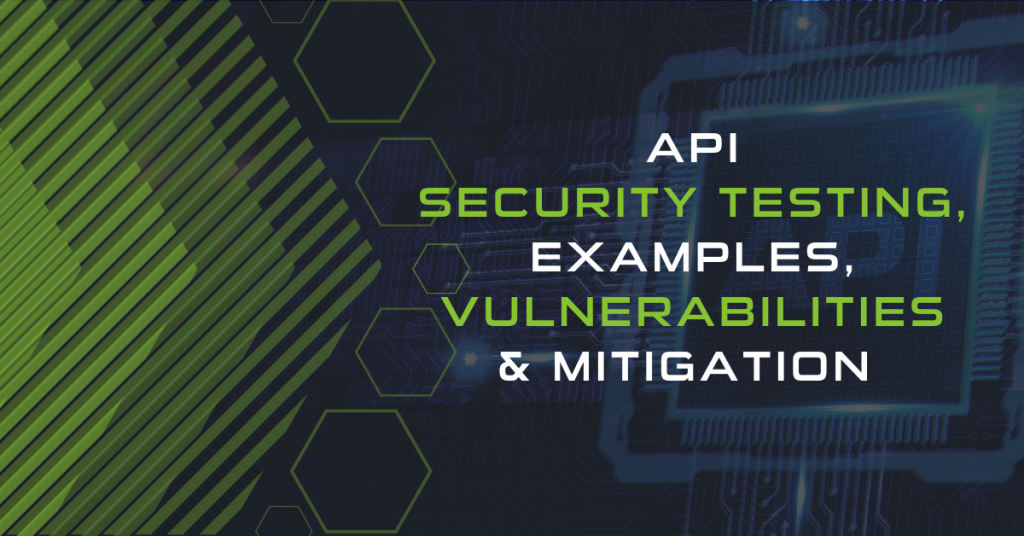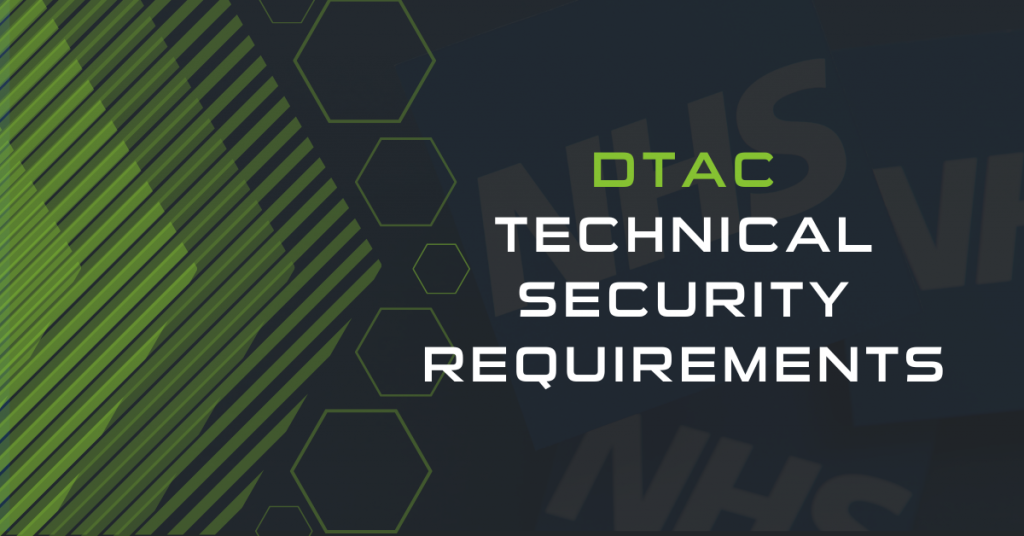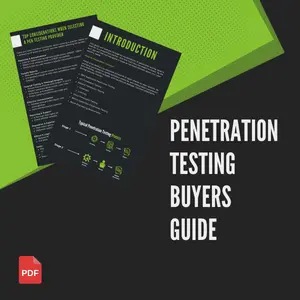What is Cloud Penetration Testing?
Similar to typical Infrastructure Penetration Tests, Cloud Penetration Testing examines a cloud system’s strengths and vulnerabilities to enhance its overall security posture. The exception is that the infrastructure is in a cloud environment, not on-premise. AWS, Microsoft Azure, and Google Cloud Platform are examples of common cloud infrastructure.
The shared responsibility concept establishes accountability for assets in a cloud context and impacts Cloud Security Testing. This means that the company configuring the cloud environment shares some responsibility for its security. Cloud Pen Testing can identify these issues before an attacker exploits them.
It is important to note that Cloud Security Testing is distinct from a configuration review. While configuration reviews focus on assessing the setup and configurations of cloud services to ensure they follow best practices, Cloud Penetration Testing involves simulating attacks to identify and exploit vulnerabilities in the infrastructure, providing a thorough evaluation of the security defences in place. For more information regarding configuration reviews, please see our AWS and Azure Configuration Reviews.
Common Cloud Security Vulnerabilities
Want to find out if your Cloud Infrastructure has these vulnerabilities?
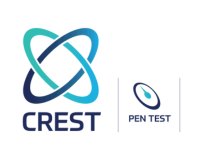
What does choosing a CREST provider mean?
Grey, Black and White Box Penetration Testing
What does Cloud Penetration Testing include?
What are the benefits of Cloud Penetration Testing?
Cloud Security Testing helps organisations improve their overall cloud security. In addition, organisations will gain a more comprehensive understanding of their cloud assets, particularly how resistant their current cloud security is to attack and whether vulnerabilities exist.
Our Cloud Testing Services has numerous benefits, including:
Cloud Security Testing Methodology
In the first phase, we define the test’s objectives, scope, and boundaries. We also identify the target cloud environments, resources, and services to set clear goals for the testing process.
This phase is all about thoroughness. We collect a wealth of data, including IP ranges, domain names, and publicly available information, to establish potential entry points and areas of interest. By conducting both passive and active reconnaissance, we gather maximum intelligence on the target environment, ensuring a comprehensive understanding.
We perform automated and manual scans to detect vulnerabilities in cloud resources. We assess the security of virtual machines, storage services, databases, and network components. This phase aims to identify outdated software, unpatched vulnerabilities, and insecure APIs that could pose security risks.
This phase is proactive in nature. We analyse intelligence to model potential threats, determining how attackers could exploit identified vulnerabilities and assessing the possible impact on cloud infrastructure. This proactive approach helps us prioritise vulnerabilities based on their risk level and potential damage, ensuring a strategic remediation process.
We exploit identified vulnerabilities to gain access to cloud resources. We use privilege escalation techniques to determine achievable access levels. We evaluate the potential impact of successful exploitation, gather evidence to support our findings and develop remediation recommendations.
We document all findings, including vulnerabilities, exploitation results, and recommended remediation steps. We provide a comprehensive report with an executive summary and detailed technical findings. We conduct retests (Which are free) to ensure that the applied corrections and enhancements are effective and that no vulnerabilities remain exploitable.
Our commitment to the environment
We believe all companies should be taking the climate crisis seriously, this is why we make a donation every time someone purchases some services from us (10 Tonnes – Carbon Offsetting for your Business).
More information on MakeItWild can be found here.
Contact a consulting team member by phone, email, or pigeon post. We will then discuss whether we can help you and arrange a scoping meeting to discuss your requirements.
In the scoping meeting, our team will discuss your requirements in further detail. Our team will ask questions in regards to the following:
Our expert consultants will discuss and finalise which digital assets you need testing in the scoping meeting. Based on the requirements, we will then assemble a project proposal and quote and agree on a schedule for conducting the security assessment. Our proposal document will include the following information:
The Penetration Testing starts. A member of our Penetration Testing team will liaise with a member of your company throughout the entire testing process. You will be the first to know if we have any questions or concerns. Our testing team will be on hand throughout the penetration test lifecycle to answer any questions or concerns. Our tester will:
A Penetration Test is useless without a well-written report. Our reports are written in plain English, concise, and thoroughly documented. The Penetration Test Report is typically furnished within 5 days after the testing phase is complete. If you are interested in seeing an example report, please contact our team.
Each report details the following:
At Sencode, we offer free retesting for every Penetration Test we conduct. You fix the issues; then we will verify they can no longer be exploited by an attacker. Our team will arrange a mutually suitable time to conduct the retest, after the remediation efforts have taken place. Our tester will follow these steps:
Our clients receive a testing certificate that can be shared with partners and customers, showing that their company takes security seriously. The certificate and document are designed to be easily digested by third-party suppliers, the document removes the technical details and can be safely distributed.
The Security Testing Certificate is available on request, after the retest has been complete. The security certificate shows:
Get in touch for a consultation.
Contact a consulting team member by phone, email, or pigeon post. We will then discuss whether we can help you and arrange a scoping meeting to discuss your requirements.
In the scoping meeting, our team will discuss your requirements in further detail. Our team will ask questions in regards to the following:
Testimonials
Huler
Trinity College Dublin
Diversity and Ability
Verve Group
Pip Studios
Home Group







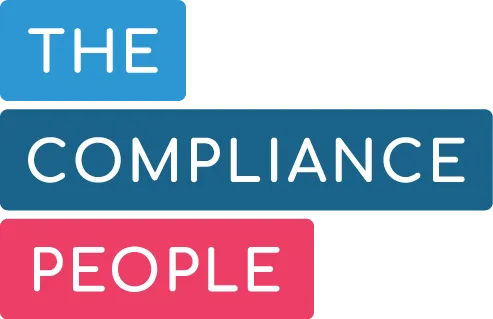

Frequently Asked Questions: Cloud Penetration Testing
All types of penetration testing differ in methodology and price. A number of factors go into setting a price for a penetration test, including expenses for the tester and the types of assets being tested. A smaller application will take less time than a large, complex commercial environment.
We aim to make our pricing as flexible as possible. Sencode will provide our best judgement by accurately scoping your digital assets and deciding based on experience testing similar-scale assets. Once we have accurately scoped your project, we can provide a project proposal and a quote, which will be appropriately costed.
– Example 1: A cloud infrastructure penetration test comprised of 10 unique IP addresses. 2 days of penetration testing. £1000-£2000
– Example 2: A cloud infrastructure penetration test on 50 IP addresses, 4 days of penetration testing. £3000 – £4000
Cloud storage security strongly depends on the provider’s actions towards securing data. Good and reputed cloud storage services usually allow strong encryption for data at rest and in transit, access control methods, periodic security auditing, and maintaining compliance with industry standards and regulations to ensure data security. Still, users must be responsible for their data by leveraging robust passwords and two-factor authentication and updating their security settings regularly.
Regarding cloud security, data encryption is arguably the most critical area. Encrypting data at rest and in transit is the key to preventing unauthorised access and breaches. This process renders data unreadable to anyone without the decryption key, significantly enhancing its security. Other essential components of a robust cloud security strategy include strict access controls, regular security updates, and adherence to security standards and guidelines. Cloud Testing Services can identify issues in the cloud before attackers can exploit them.
Cloud services can be highly secure when provided by reputable companies that implement robust safety measures. These measures typically include advanced encryption, multi-factor authentication, regular audits, and compliance with industry standards. However, the security of cloud services also depends on the user’s security settings and practices. With a trusted service provider and good security practices, users can ensure the safety of their information in the cloud. At Sencode, we offer Cloud Configuration Reviews for both AWS and Azure Cloud environments.

